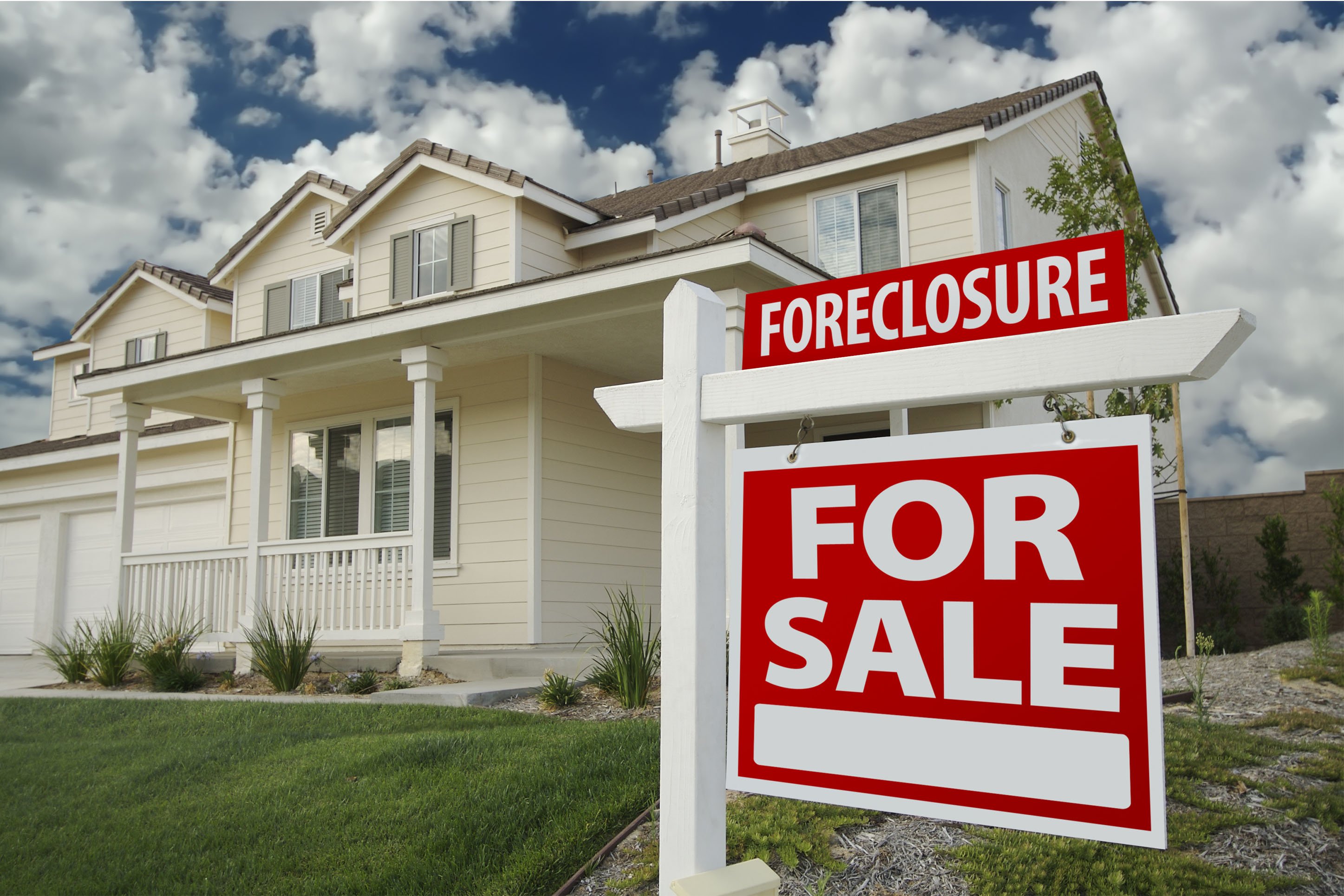Pros
You Can Get a Great Deal
This is the big reason that drives homebuyers to go after foreclosures. You stand to save big if you find the right property at the right time. Most of these homes are sold as-is, and the price reflects that. And if you’re buying from the previous homeowner in a pre-foreclosure situation, you have a lot of bargaining power, along with a motivated seller who wants to sell the home fast. Even after a lender has taken possession, they’re still looking to move the home along to its next owner quickly, which can also mean a more reasonable price.
It’s Possible to Help Someone Out
If you find a pre-foreclosure before the lender has repossessed the house, you might be in a position to help the previous owner out of a bad situation. A speedy sale before foreclosure can help them pay off their loan and avoid the negative impact that a foreclosure will have on their credit.

You Often Have Some Financing Flexibility
If you purchase a pre-foreclosure property or one that’s bank-owned or real estate agent-owned, there’s often an option to use traditional financing for the purchase. And in a pre-foreclosure situation, the seller might be open to some alternative methods of financing.
Cons
The Condition Might Be Subpar
The property might not be in great shape by the time it gets to the foreclosure stage. Homeowners who can’t pay their mortgage are also unlikely to be able to pay for upkeep and repairs. And sometimes these houses can be in such a state that the cost to get them livable again cancels out any savings in the asking price.
Emotions Can Run High
A foreclosure is almost always a devastating experience for a homeowner, so the previous owner might not be in a good spot. This can lead to difficult interactions if you’re purchasing directly from them in a pre-foreclosure. This is by no means a guarantee, but it’s certainly something to keep in mind.
It May Take a While
Purchasing a foreclosure isn’t always fast. If you buy a bank-owned or real-estate owned foreclosure, these transactions don’t typically have the same speed of a traditional sale. The lender wants to make back their money from the initial loan, but they don’t always have the same time pressure as someone who wants to sell their home and move, or use that money to buy a new one. It’s also a more complicated process in a lot of cases. You want to find a real estate agent and a lawyer who specialize in foreclosure law, so you have a strong team behind you as you navigate the process.

Tips for Financing a Foreclosed Home
If you’re purchasing a home at a foreclosure auction, you most likely would need to have the cash on hand for the purchase. But if you’re buying a pre-foreclosure property or a bank-owned property, traditional financing might be an option. It’s a good idea to get pre-approved (not just pre-qualified) at the start of your search, so you can be ready to move fast when you find the right home.
You might want to look into 203(k) loans, which could be an option if the home isn’t in good shape. With this type of loan, you can include the cost of your repairs in your total amount borrowed, so you’re not stuck with a structure that isn’t livable.
A good first step is to talk to your neighborhood credit union and find out what programs you can take advantage of when you’re buying a foreclosed property. The pros at RMCU can help you get on the right track to turn the key in your new home. Get in touch with your nearest mortgage professional, and find your way to the next step on your homebuying journey.



